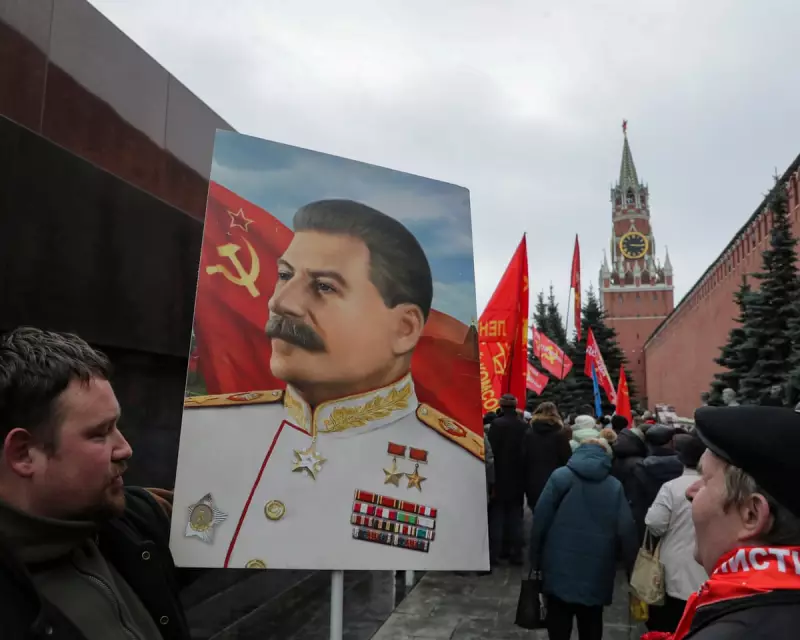
In the shadowy corridors of Russian power, a centuries-old obsession with cheating death continues to shape scientific research and political ambition. From Joseph Stalin's frantic attempts to defeat mortality to Vladimir Putin's sophisticated longevity programmes, the Kremlin's pursuit of eternal life reveals a fascinating and disturbing pattern of power preservation.
The Soviet Roots of Immortality Science
During Stalin's brutal regime, the quest for immortality took on almost mythical proportions. Soviet scientists were pressed into service researching everything from organ transplantation to cryogenics, all under the watchful eye of a dictator terrified of his own mortality. "Stalin became increasingly preoccupied with extending his life as he aged," explains Dr Anya Petrova, historian of Soviet science at University College London. "He surrounded himself with biologists and physicians who promised breakthroughs in longevity."
Modern Manifestations of an Ancient Obsession
Today, this obsession has evolved into sophisticated state-backed research programmes investigating cutting-edge technologies:
- Cryonics and preservation science receiving unprecedented government funding
- Genetic research focused on age reversal and cellular regeneration
- Secret clinical trials of experimental longevity treatments
- International recruitment
The Political Implications of Eternal Rule
This isn't merely scientific curiosity—it's deeply political. "The pursuit of immortality among Russian leaders reflects a fundamental anxiety about political legacy and control," notes Professor Michael Carrington, political historian specialising in authoritarian regimes. "When leaders see themselves as indispensable to their nation's survival, death becomes the ultimate political problem."
From Stalin's Laboratories to Putin's Precision Medicine
While Stalin's methods were crude by modern standards—relying on questionable elixirs and crude surgical experiments—today's Russian longevity research employs sophisticated biotechnology. However, the underlying motivation remains strikingly similar: the preservation of power at any cost.
Recent intelligence reports suggest Russia has established secret research facilities dedicated exclusively to life extension, with some programmes directly reporting to the presidential administration. These initiatives blend legitimate science with more speculative approaches, creating an ecosystem where serious researchers work alongside fringe scientists promising miraculous breakthroughs.
The Global Race for Immortality
Russia isn't alone in this quest. Silicon Valley billionaires and Chinese research institutes are equally invested in defeating ageing. But the Russian approach stands apart in its direct connection to state power and political survival. As one former Kremlin insider revealed: "The thinking is straightforward—if you solve death, you solve the succession problem forever."
This enduring obsession raises profound questions about power, mortality, and the ethical boundaries of scientific research. As the world watches Russia's political future unfold, the silent race against biological clocks in Moscow's laboratories may prove as significant as any geopolitical manoeuvre.





